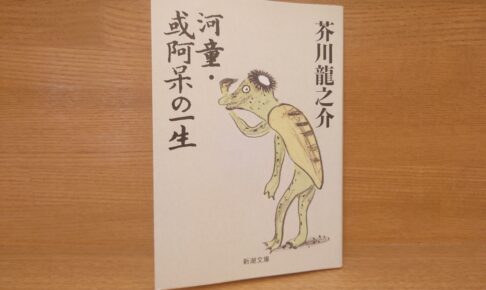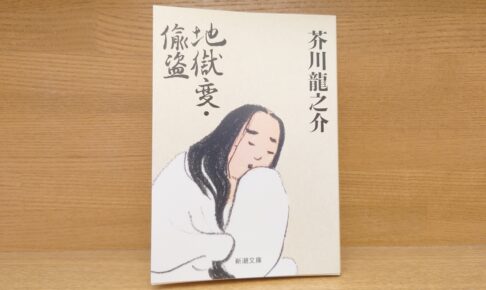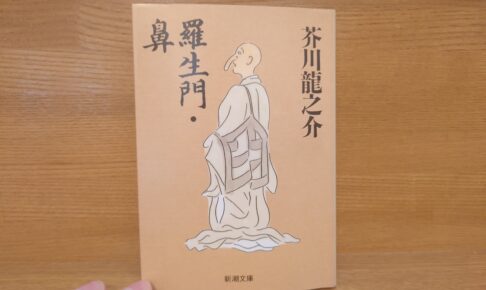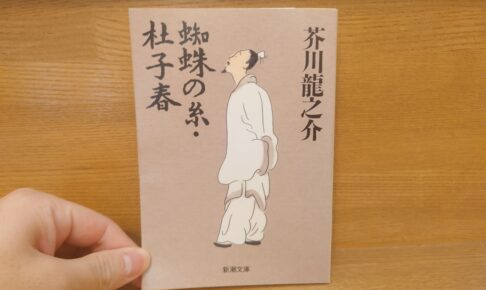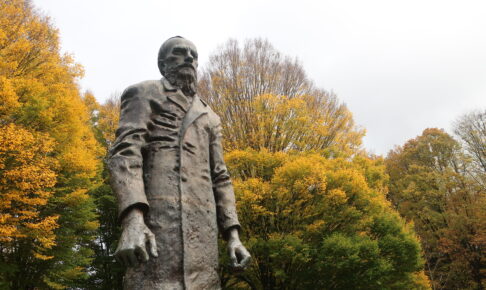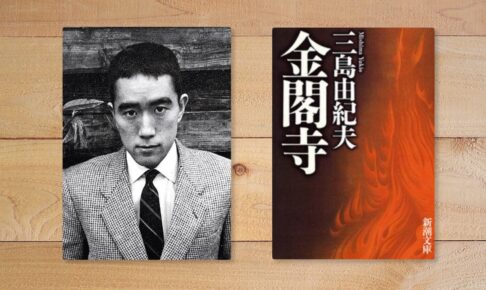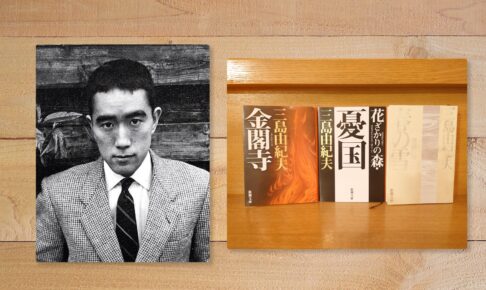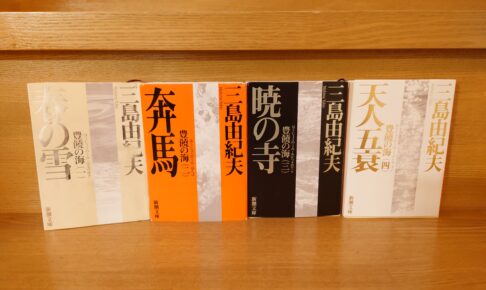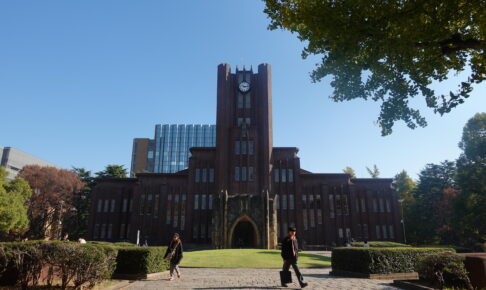Ryunosuke Akutagawa's "Kappa" Synopsis and Impressions - What happens when you wander into the land of kappa? A satirical masterpiece about modern Japan through a strange other world
Through "The World of Kappa," Akutagawa poignantly questions the state of Japan.
How unique and humorous are each (each and every?) kappa! How unique and humorous each kappa is. And how eerie....
It is horrifying to think that this work was Ryunosuke Akutagawa's desperate protest, a warning for the end of his life. He committed suicide less than a year after the publication of this work.
It will soon be 100 years since the death of Ryunosuke Akutagawa. But even 100 years later, Akutagawa's works have never faded. The power of literature has been passed on to those of us living today.












